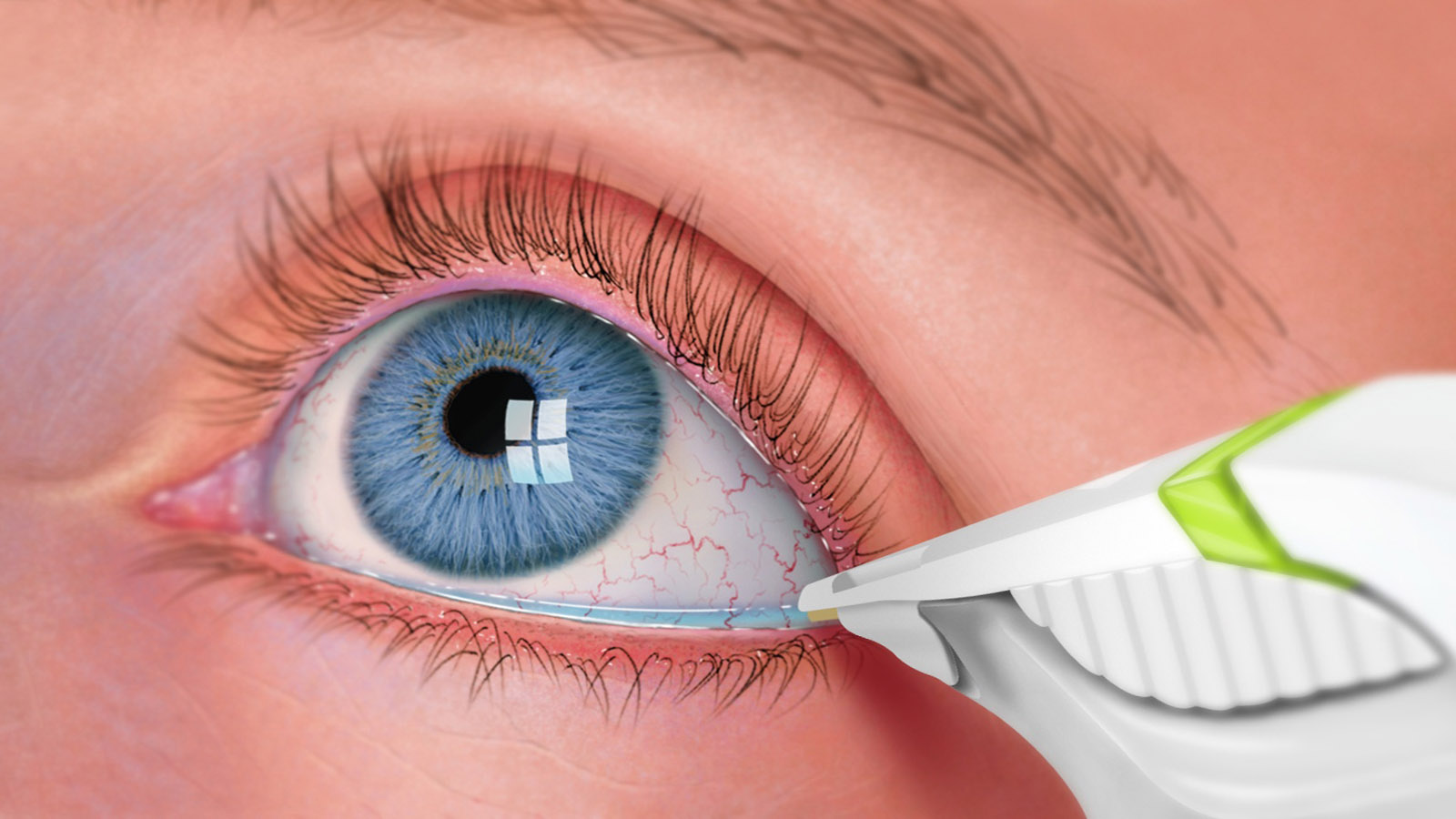Discovering the World of Refractive Surgical Treatments: What You Need To Know for Improved Eyecare
In the realm of eye care, refractive surgical procedures have emerged as a preferred alternative for individuals seeking to remedy vision issues and lower their dependency on glasses or contact lenses. As advancements in technology proceed to improve these medical techniques, remaining informed regarding the newest advancements and ideal techniques in refractive surgical procedures ends up being vital for those considering this transformative journey in the direction of far better eye health and wellness and vision.
Sorts Of Refractive Surgical Treatments
Refractive surgeries incorporate a variety of treatments aimed at dealing with vision impairments by reshaping the cornea or lens of the eye. One of the most common types of refractive surgical treatment is LASIK (Laser-Assisted in Situ Keratomileusis), which includes producing a slim flap in the cornea, improving the underlying cells with a laser, and rearranging the flap.
In enhancement to these laser-based treatments, there are likewise implantable lenses such as Phakic intraocular lenses (IOLs) that can be put right into the eye to remedy refractive mistakes. These lenses are particularly useful for people with high prescriptions or those improper for laser surgery. It is vital to talk to an eye treatment professional to figure out the most appropriate type of refractive surgical procedure based upon private needs and eye health.
Advantages of Refractive Treatments
Having explored the various types of refractive surgical treatments available, it is essential to understand the substantial advantages connected with these procedures for dealing with vision problems. Furthermore, refractive surgeries like LASIK and PRK offer fast healing times, with many people experiencing enhanced vision within a day or two after the treatment.
Another key benefit is the long-term cost savings connected with refractive surgical treatments. Refractive surgical treatments can supply a permanent service to vision issues, reducing the requirement for normal visits to optometrists and updates to prescriptions.
Threats and Considerations
Prior to undergoing any type of refractive surgery, it is necessary to thoroughly consider the potential threats and important factors associated with the procedure. While refractive surgical treatments like LASIK and PRK are generally safe and efficient, there are still threats involved that need to be taken right into account. Several of the potential risks include completely dry eyes, glow, halos, and difficulty driving at night, though these are commonly short-term and resolve gradually. It is very important for individuals taking into consideration these procedures to have a detailed conversation with their eye care provider to comprehend the specific dangers that may use to their case.
In addition, specific variables require to be considered prior to choosing a refractive surgical procedure. These include the stability of your vision prescription, your overall eye health, and any type of existing eye conditions. Individuals with particular medical conditions such as autoimmune problems or unstable vision might not be good prospects for refractive surgery. Recognizing these considerations and dangers can aid people make informed choices regarding their eye care and whether refractive surgical procedure is the best selection for them.

Planning For Surgery
Comprehending the dangers and considerations included in refractive surgeries is important as people start the procedure of planning for the surgery. Prior to undergoing any refractive surgery, it is crucial to set up a thorough eye examination with an ophthalmologist specialized in refractive treatments. This exam will certainly figure out the health and wellness of the eyes, analyze the refractive mistake, and determine any possible contraindications for surgical treatment.
During the pre-operative appointment, the doctor will discuss the various surgical choices available, clarify the benefits and dangers of each treatment, and address any concerns the person may have. It is necessary for people to disclose their case history, existing medications, and any kind of eye conditions they may have to make sure a secure and successful surgical procedure.
To prepare for the surgery, people might be suggested to cease using call lenses for a particular duration before the procedure. Additionally, they must prepare for transport to and from the surgical center on the day of the procedure, as they may not have the ability to drive instantly after surgery. Following these preparatory steps will aid guarantee a effective and smooth refractive surgery experience.
Post-Surgery Care
After going through refractive surgical treatment, appropriate post-operative care is necessary to promote healing and make sure optimum vision end results. Following surgical treatment, individuals need to strictly adhere to the guidelines supplied by their eye doctor to decrease the risk of complications and achieve the most effective results.
Initially, clients may this article experience some discomfort, dry skin, or fuzzy vision, but these signs typically boost within a few days to weeks. It is important to participate in all set up follow-up appointments to keep an eye on progression and address any type of worries immediately.
During the recuperation period, clients must avoid massaging their eyes, swimming, or revealing their eyes to irritants such as dirt or smoke (glaucoma service near me). Protective glasses must be worn as advised, particularly throughout tasks that posture a threat of eye injury
Correct management of suggested eye drops is crucial to stop infection and promote recovery. Individuals ought to also follow any type of restrictions on exercises to avoid difficulties. By complying with post-operative treatment instructions diligently, people can maximize their healing process and delight in the advantages of enhanced vision.
Conclusion
Finally, refractive surgical procedures supply a variety of benefits for individuals seeking boosted vision. While these procedures can improve aesthetic acuity and decrease reliance on click here now corrective lenses, they also feature prospective risks and factors to consider that must be thoroughly considered. By understanding the different kinds of refractive surgeries readily available, getting ready for the procedure, and adhering to post-surgery treatment directions, people can make educated decisions to boost their eye health and general lifestyle.
Refractive surgical procedures encompass a range of treatments aimed at dealing with vision impairments by reshaping the cornea or lens of the eye. It is crucial to consult with an eye treatment specialist to determine the most appropriate kind of refractive surgical procedure based on specific needs and eye health.

Before undergoing any kind of refractive surgical treatment, it is vital to arrange a comprehensive eye examination with an eye doctor specialized in refractive procedures (hearing service near me). By recognizing the different types of refractive surgical procedures offered, preparing for the procedure, and adhering to post-surgery care guidelines, individuals can make informed decisions to improve their eye wellness and overall high quality of life